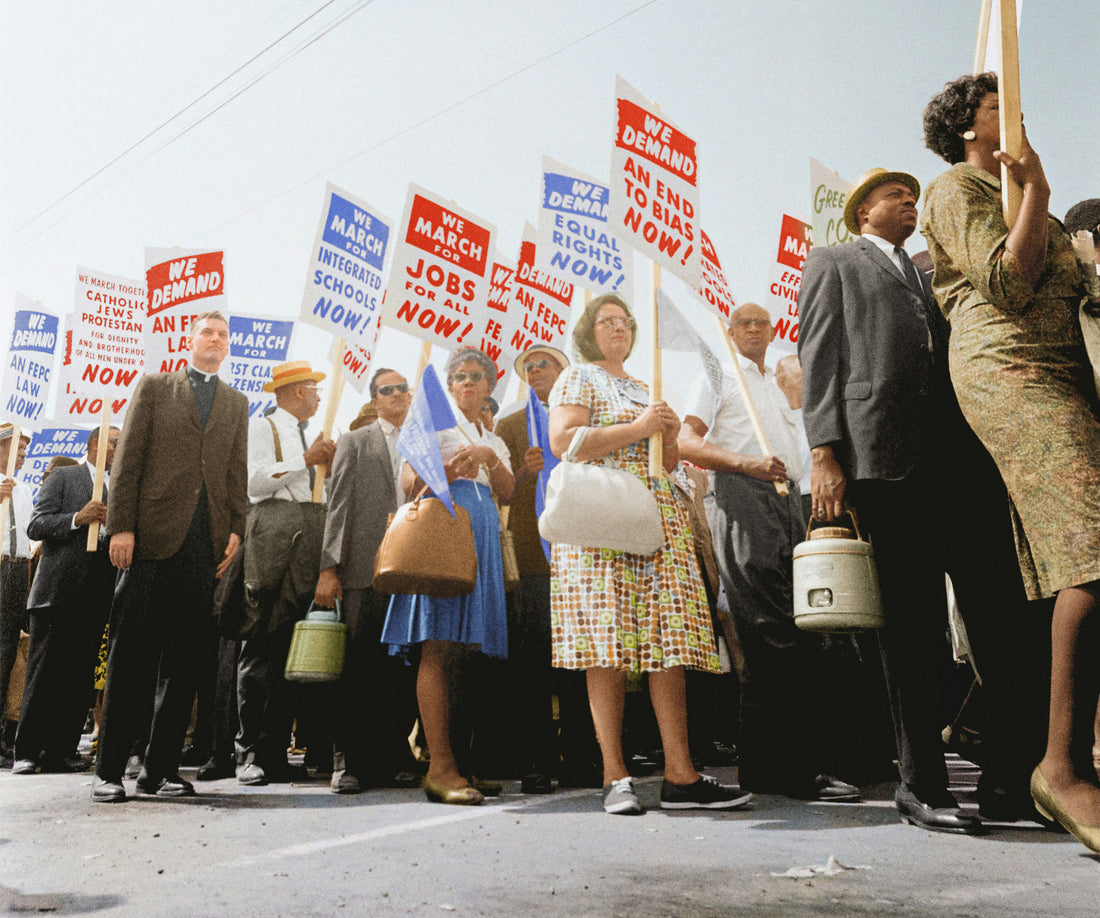
Social Deconstruction
Share
Every societal norm that exists around us is a construct built by societies both in the present and the past. These contain the layers of power, hierarchy, and control embedded within these norms. However, everything that can be constructed can be deconstructed, and through deconstruction, allowing individuals and societies to challenge the status quo and imagine new possibilities for social justice and equality.
At its core, social deconstruction seeks to challenge and dismantle dominant societal narratives, revealing the underlying power dynamics, ideologies, and structures that shape human interactions. Society is built on certain assumptions, values, and norms that are often treated as inherent or universal. Social deconstruction reveals that these constructs are not fixed; instead, they are shaped by those in power and reinforced through institutions, culture, and everyday practices.

For example, consider the concept of ‘gender’. For centuries, societies have operated under the assumption that there are two distinct, biologically determined genders—male and female—and that these genders correspond to specific roles, behaviours, and expectations. Social deconstruction challenges this binary understanding of gender, revealing how these categories have been constructed by cultural, historical, and political forces. It asks: Who benefits from the enforcement of rigid gender norms? How do these norms limit individuals' freedom and potential? What other possibilities exist for understanding and expressing gender?
In this way, by deconstructing existing social structures, it opens the door to imagining alternative ways of organising society that are more equitable, inclusive, and just.
When we consider Social Deconstruction, we have to think of the following:
- Social Constructs: Central to the concept of social deconstruction is the idea that many aspects of society—such as gender, race, class, and sexuality—are socially constructed rather than naturally occurring. These constructs are shaped by historical, cultural, and political forces, and they often serve to reinforce power imbalances and hierarchies.
- Binary Oppositions: A key target of deconstruction is the binary thinking that pervades much of human society. Concepts like straight/gay, black/white, rich/poor, and educated/uneducated create artificial divisions and hierarchies, privileging one side of the binary over the other. Deconstruction seeks to dismantle these binaries and highlight the complexities and nuances that lie between them.
- Power and Hierarchy: We should all be deeply concerned with the ways in which power is distributed and maintained in society. How social constructs serve the interests of those in power, often at the expense of marginalized groups. Deconstructing these power structures allows for a more equitable distribution of power and resources.
- Hegemony: A related concept is hegemony, the dominance of one group over another, not just through force but through the control of cultural norms, values, and ideologies. We should seek to expose and challenge hegemonic ideas, offering alternative ways of thinking and being.
Social Deconstruction isn’t a new concept and has been put into practice many times in recent history.
As mentioned earlier, social deconstruction has been instrumental in challenging rigid gender binaries and opening up space for more fluid understandings of gender and sexuality. Feminist and queer theorists have used deconstruction to reveal the ways in which traditional gender roles serve patriarchal power structures. By questioning the "naturalness" of these roles, they have helped to create more inclusive spaces for individuals who do not conform to traditional gender norms.

Critical race theorists have deconstructed the idea of race, showing how racial categories have been used to justify systems of oppression, such as slavery, segregation, and apartheid. By revealing the constructed nature of race, they have challenged racist ideologies and practices and pushed for a more just and equitable society.
Social deconstruction also plays a key role in political critique, particularly in the analysis of democratic institutions, governance, and law. Deconstruction in this context examines how laws and policies are often designed to protect the interests of the elite while marginalizing others. It calls for a rethinking of governance and democracy, ensuring that these systems work for the many rather than the few.
In a world marked by social inequality, systemic racism, gender discrimination, and political corruption, the relevance of social deconstruction cannot be overstated. As societies become increasingly complex and interconnected, the need to question and challenge existing social structures becomes more urgent.
For instance, movements like Black Lives Matter and #MeToo draw upon the principles of questioning the power structures that perpetuate racial and gender inequality. These movements are not only about challenging injustice but also about imagining and creating a better, more inclusive future.
Additionally, the rapid pace of technological and cultural change in the 21st century makes social deconstruction an essential tool for navigating the complexities of modern life. From the rise of social media to the growing awareness of climate change, individuals and societies are constantly confronted with new challenges that require critical thinking and innovative solutions. Social deconstruction provides a framework for addressing these challenges by questioning the assumptions, values, and practices that shape our world.
Social deconstruction is more than just an intellectual exercise; it is a powerful tool for social change. By challenging the dominant narratives, power structures, and social constructs that shape our lives, social deconstruction opens the door to new possibilities for justice, equality, and freedom. In a world marked by complexity and uncertainty, the ability to question and deconstruct the status quo is more important than ever. Whether in the realms of gender, race, politics, or education, social deconstruction offers a path forward toward a more inclusive and equitable society.
Cover photo by Unseen Histories on Unsplash




